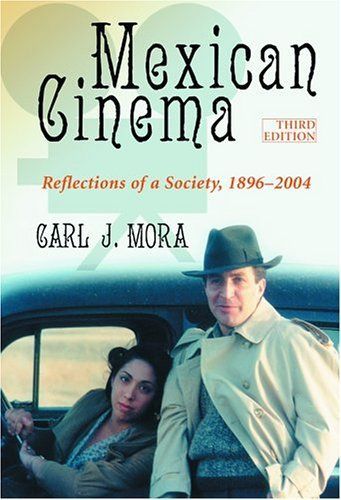
Mexican Cinema Reflections of a Society, 1896–2004, 3d ed.
Mexican filmmaking is traced from its early beginnings in 1896 to the present in this book. Of particular interest are the great changes from 1990 to 2004: the confluence of talented and dedicated filmmakers, important changes in Mexican cinematic infrastructure and significant social and cultural transformations. From Nicolás Echevarría's Cabeza de Vaca (1991), to the 1992 releases of Hellboy director Guillermo del Toro’s Cronos and Alfonso Arau’s Como agua para chocolate, to Alfonso Cuarón’s Y tu mamá también (2001), this work provides a close look at Mexican films that received international commercial success and critical acclaim and put Mexico on the cinematic world map. Arranged chronologically, this edition (originally published in 2005) covers the entire scope of Mexican cinema. The main films and their directors are discussed, together with the political, social and economic contexts of the times.